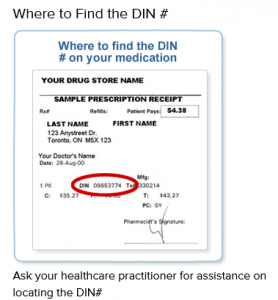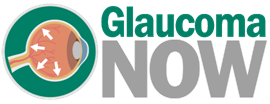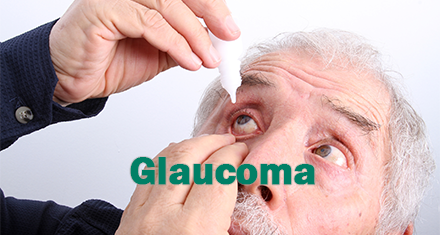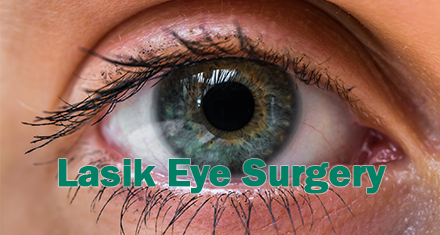Created by HealthCare Practitioners for the
Created by HealthCare Practitioners for the
Patients they Treat
Patients they Treat
Dr. Paul Harasymowycz, Ophthalmologist discusses glaucoma and what you can do to prevent vision loss.
Glaucoma is a condition where the intraocular pressure is elevated beyond a safe level, such
that it begins to damage the optic nerve at the back of the eye. There are several causes of glaucoma. Intraocular pressure can elevate due to the
drainage of fluid being blocked.
Dr. Paul Harasymowycz, Ophthalmologist discusses different treatment options for glaucoma.
Fixed dose combination medications mean that there are more than one medication
in the bottle that you're using. This is important to you because instead of using drops, one at a time with a five minute interval,
you can put both medications in at the same time. Long term. This will decrease the irritation and inflammation of your eye.
Glaucoma NOW Main Categories
To learn more about our services please click the
appropriate icon below …
Dr. Paul Harasymowycz, Ophthalmologist explique ce qu'est le glaucome et comment il affecte la vision d'une personne.
Le glaucome est une des causes de cécité les plus importantes dans le monde. C'est causé par une
perte irréversible des fibres d'une aire optique. Le plus fréquemment, ceci est associé à une pression intraoculaire élevée, mais dans un tiers des cas,
la pression peut être normale.
Dr. Paul Harasymowycz, Ophthalmologist discusses rapidly progressing intraoccular pressure in glaucoma.
Fixed dose combination medications mean that there are more than one medication
in the bottle that you're using. This is important to you because instead of using drops, one at a time with a five minute interval,
you can put both medications in at the same time. Long term. This will decrease the irritation and inflammation of your eye.
Medications
Medications can help patients
manage and control their conditions preventing symptoms and even disease progression.










